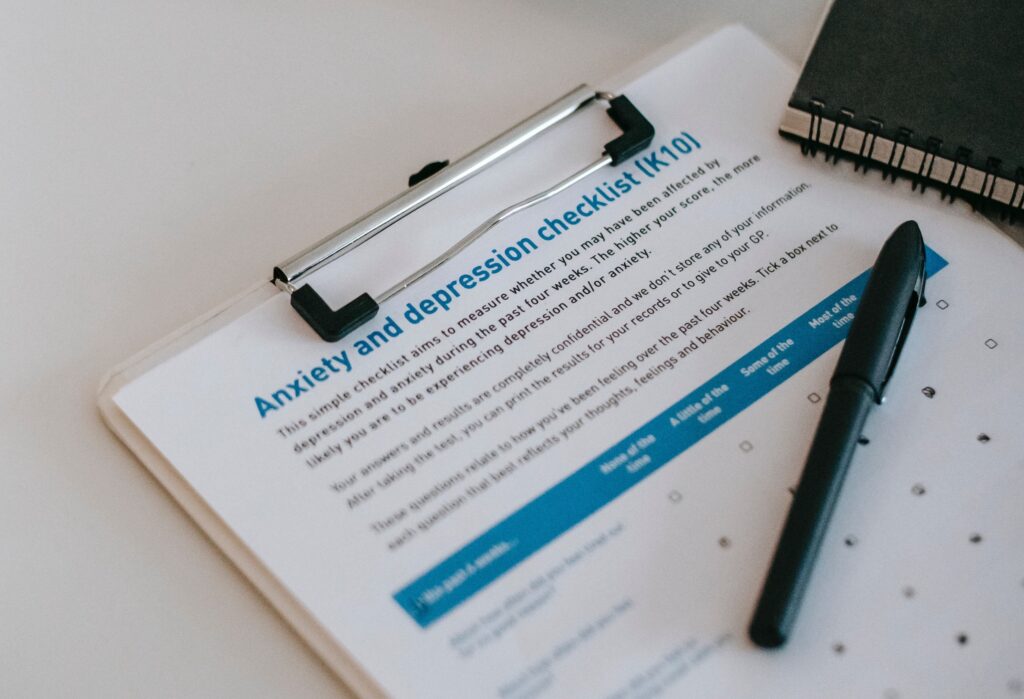Deep interactions with close loved ones provide an extreme amount of reward for us! They meet our biological need for attachment and lead us to strive for continued interaction. But loss entails deep yearning for those attachments for a period until we recover. However, some individuals show difficulty recovering. Luckily, new research sheds light on a potential effective treatment for prolonged grief disorder.
Modern psychological and neurological research have made new attempts to understand grief and prolonged grief. This research de-emphasizes stages in favor of evidence pointing to a more fluctuating picture of grieving. Individuals contend with learning how to adjust to living without their loved one.
This research also shows that spending significant amount of time “processing” or purposefully sitting with the grief and trying to understand it can actually lead to more negative long term consequences. Processing the grief experience in this way may actually increase the chances of experiencing prolonged grief! Adaptive adjustment to loss appears to involve the degree to which an individual engages in certain behaviors that maintain contact with their sense of identity.
The degree we grieve has been linked to the number and types of roles/activities we attribute to our identity. Examples of such behaviors include work/vocational activities, valued hobbies/activities, and social connections. These behaviors are beneficial even if they feel strange for the person to stay engaged with. Individuals who experience prolonged grief appear to have difficulties establishing contact with these sources of identity without the lost loved-one. A sense of “Who am I without this other person?” can continue for months, years, or decades.
But there’s an upside! These findings showing a crucial role of identity have created an exciting basis for treatment for prolonged grief disorder. Behavioral activation for depression has long worked toward helping individuals re-engage with activities and routines that boost mood and provide sense of self or purpose.
When applied to prolonged grief, initial research shows that behavioral activation also helped individuals reestablish contact with routines and behaviors that fulfill a sense of self. It also decreased rumination that often prevents adjustment and maintains prolonged grief. And this approach relieved prolonged grief symptoms overall!
There are multiple therapist resources for learning more about behavioral activation. First, continued education training is available from one of our leading learning institutions. Additionally, multiple therapist resource books discuss new grief research and review core principles of behavioral activation (as applied to depression).
Researchers and therapists agree that there no “right way” to grieve. But there might be a right way to help people who have extreme difficulty grieving! It appears helpful to not push clients to stay highly engaged with feelings of grief. It may simply be about helping individuals be easy on themselves for their experiences while supportively encouraging them to stay engaged with routines that support identity. Continued research will tell us more!














